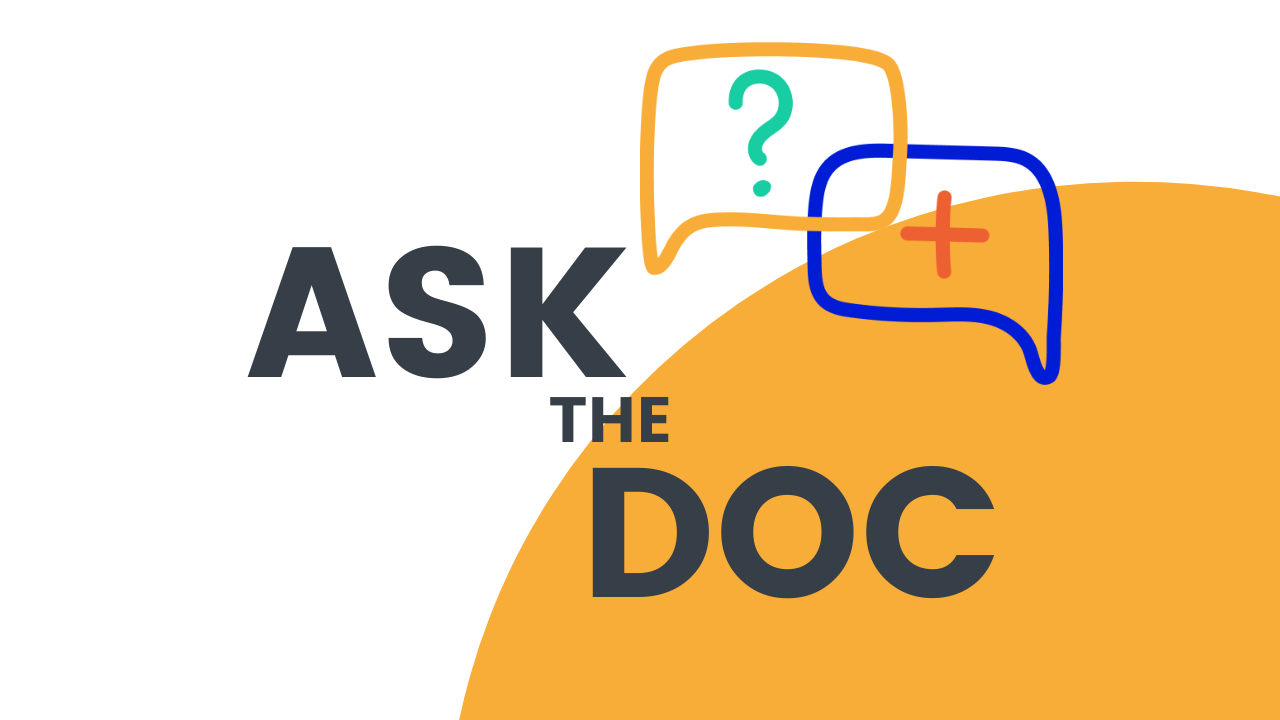Our Friend Deoxyribonucleic Acid (DNA)
Every protein in your body comes from a set of instructions written in a clever molecule called DNA. DNA is a long string of smaller molecules that your cells can read like a book. Its simple language is translated by a complex apparatus that turns the instructions into the 3D structures we know as proteins. Every protein in your body has two different DNA instructions on how to build it. This is because DNA comes in a set of two; one strand from your mother and one from your father. When you have children, these two sets separate again. This results in a 50:50 chance of which set of DNA instructions will be passed on.
The redundancy in our genome means that any faulty instruction that could result in a poorly functioning protein might be partially made up for by the instructions from the other parent. Unfortunately, this also means that a faulty instruction can survive for generations unnoticed before problems occur.
Proteins
Proteins are an extraordinarily versatile group of molecules that serve every imaginable purpose in the body. They form the skeletons of cells, break down food into usable energy, move your muscles, and coordinate how the body develops. For understandable reasons their construction is a tightly regulated process and the instructions for making them are kept very safe. However, sometimes a faulty instruction gets through. Even then, most of the time there is enough redundancy in the system that it has no effect. But sometimes a critical protein may be built differently in the wrong place at the wrong time and that may lead to problems.
How this Can Affect the Heart
A prime example of this is in the heart. The heart is a muscle that relies on a protein called myosin to contract and provide its pumping force. A single change at just the right point on the DNA instructions for myosin, results in a protein that does not function as well. This poorly functioning myosin protein causes the heart to be worse at pumping blood. The heart, like any other muscle, responds to the heavy workload by growing larger and stronger to accommodate. Unfortunately, the heart is not any other muscle and the extra growth impairs its ability to fill with blood in between beats and alters its action. Fluid can build up in the lungs and certain organs can be deprived of adequate blood supply. Sometimes fainting spells or even sudden death can occur. This is a condition called hypertrophic cardiomyopathy. It is the result of a single protein changed by a single molecular variation on a single gene.
Testing for Inherited Heart Conditions
Inherited heart conditions are a diverse group of conditions. Some have relatively simple origins and explanations like hypertrophic cardiomyopathy. Some can have a convoluted jumble of factors that lead to them. However, the origin is the same. Changes to specific instructions in the DNA that result in disease states or increased risk for them. Because it is specific changes in DNA that lead to conditions like these, sometimes all that is needed to know if you are at risk is a simple DNA sample. A saliva sample is enough for a qualified laboratory to tell you all the information locked away in your DNA.
If you would like to get your own genetic test with doctor reviewed genetic insight please click here.





